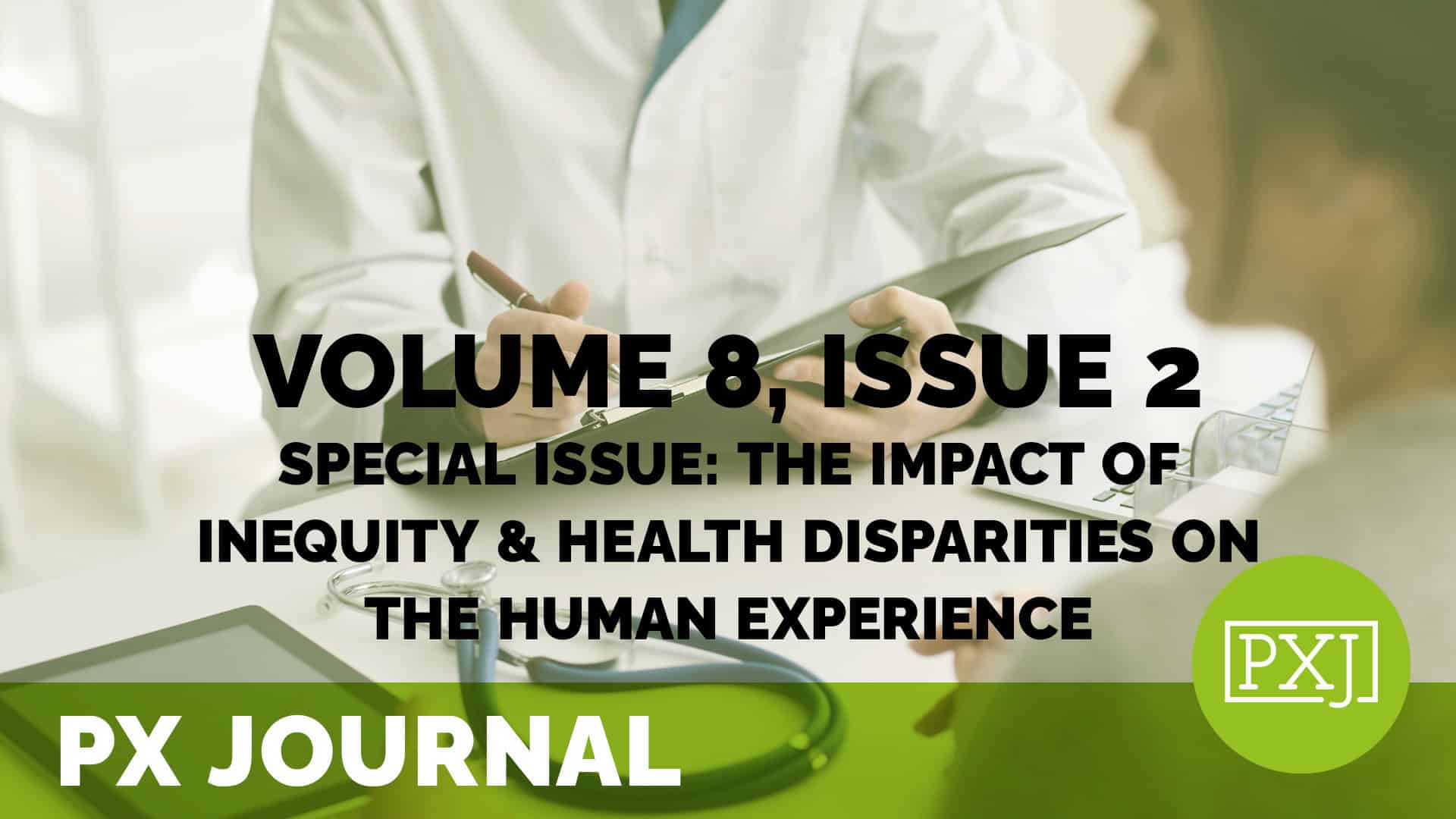Measuring cancer care experiences of Aboriginal and Torres Strait Islander people in Australia: Trial of a new approach that privileges patient voices

This study examined a new method for measuring the care experiences of Aboriginal and Torres Strait Islander people with cancer: the Indigenous People’s Experiences of Cancer Care Survey (IPECCS). The study assessed IPECCS’s: 1) performance; 2) ability to elicit information useful for service improvements; and 3) implementation potential. Three participant groups were recruited from five Australian cancer treatment sites: 1) Aboriginal and Torres Strait Islander people with cancer (+/- support person); 2) interviewers; and 3) health services staff. Trained interviewers administered IPECCS to participants with cancer in audiotaped sessions. Paper forms and transcripts were compared to assess performance, and problems/potential solutions reported by participants with cancer were assessed for actionability. All participant groups completed separate interviews regarding IPECCS. Selected implementation measures were assessed based on interviews and IPECCS administration. Participants (n=31) included 11 Aboriginal people with cancer, 7 support people, 4 interviewers, and 9 health staff. Aboriginal people with cancer spoke at length about their cancer care experiences and identified problems and potential solutions that could be acted upon by health services. Although some parts of the IPECCS form were well-completed, recording was inconsistent and inadequate. Aboriginal people with cancer and interviewers predominantly supported the IPECCS process; while most health staff supported the aims, they questioned its feasibility. Capturing domains of patient experience relevant to Aboriginal and Torres Strait Islander people requires a culturally safe, strengths-based approach. The tension between facilitating meaningful patient engagement and maximizing the efficiency of data collection and use must be resolved to realise the benefits of such an approach.
Related content
-
 Patient Family & Community Engagement | Policy & Measurement
Patient Family & Community Engagement | Policy & MeasurementStaffing Patient Advocacy using Outcome Measures
Hear an overview of the research that went into developing a Patient Advocate staffing model for more than 550 Patient Advocates spanning a 154 VA Medical Centers.
Learn more -
 Policy & Measurement
Policy & MeasurementEvaluation of Online Patient Complaints Regarding City Hospitals in Türkiye During the COVID-19 Pandemic: A Content Analysis Study
The COVID-19 pandemic put tremendous pressure on healthcare systems worldwide, which led to heightened scrutiny of the medical services offered by hospitals. This article aims to evaluate complaints about city hospitals in Türkiye during the COVID-19 pandemic using the Healthcare Complaints Analysis Tool, which includes three main domains and seven problem categories. The complaints submitted
Learn more -
 Culture & Leadership | Policy & Measurement | Staff & Provider Engagement
Culture & Leadership | Policy & Measurement | Staff & Provider EngagementEffectively Leveraging Patient Comments for Strategic Improvement
During this webinar, Children’s Mercy Kansas City shares results from a year-long case study on the meaningful integration of patient comments and the precise analytics derived from those comments into the strategic improvement planning efforts of an emergency department. The presentation will highlight how this process can foster a culture of human-centered patient and family
Learn more
